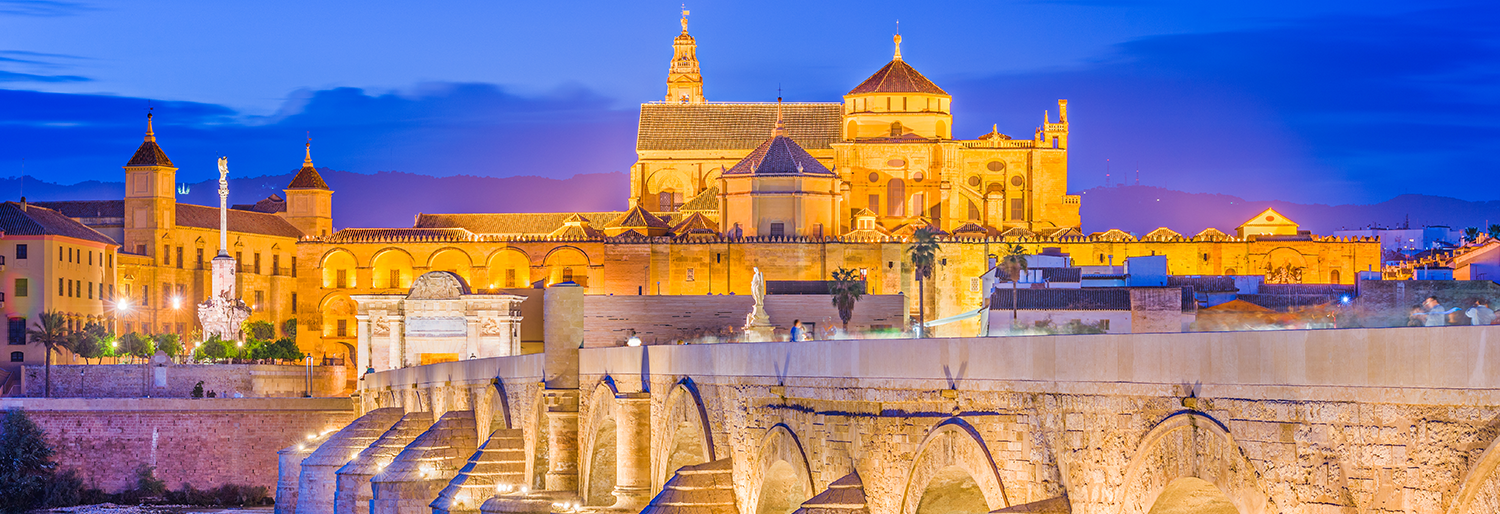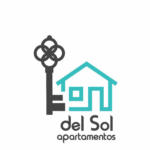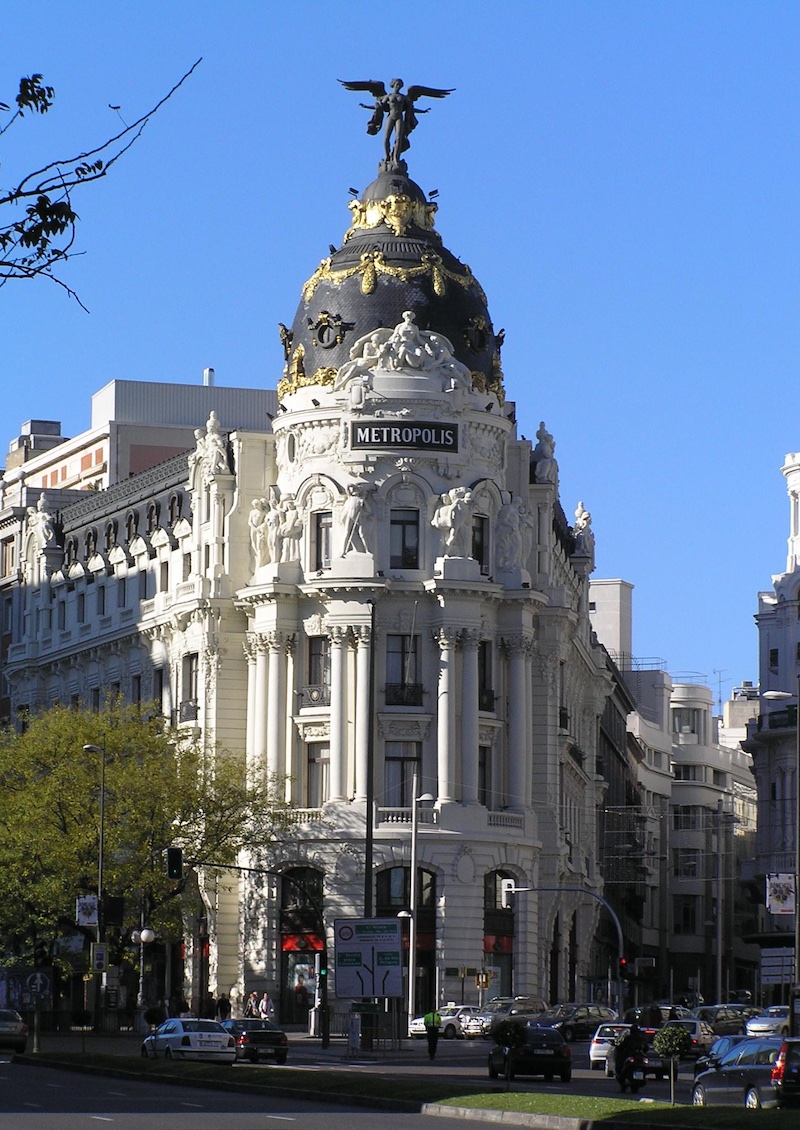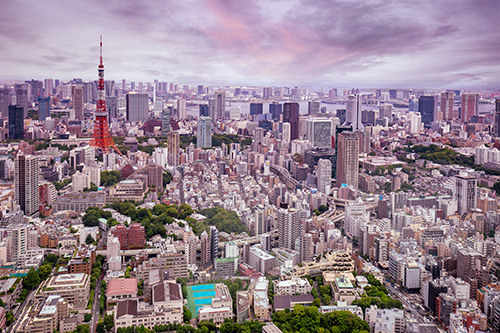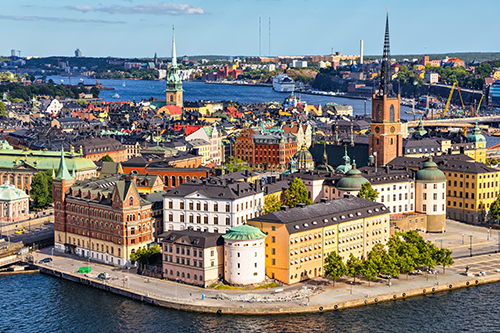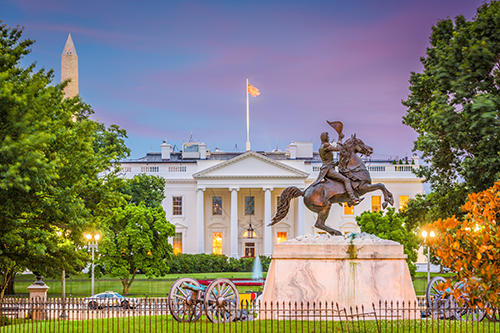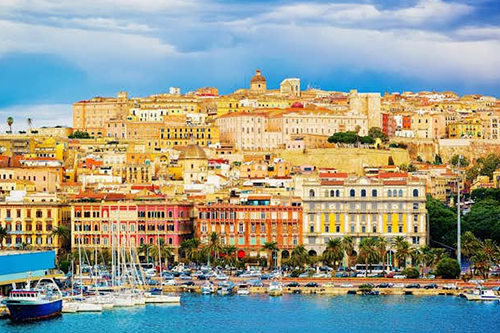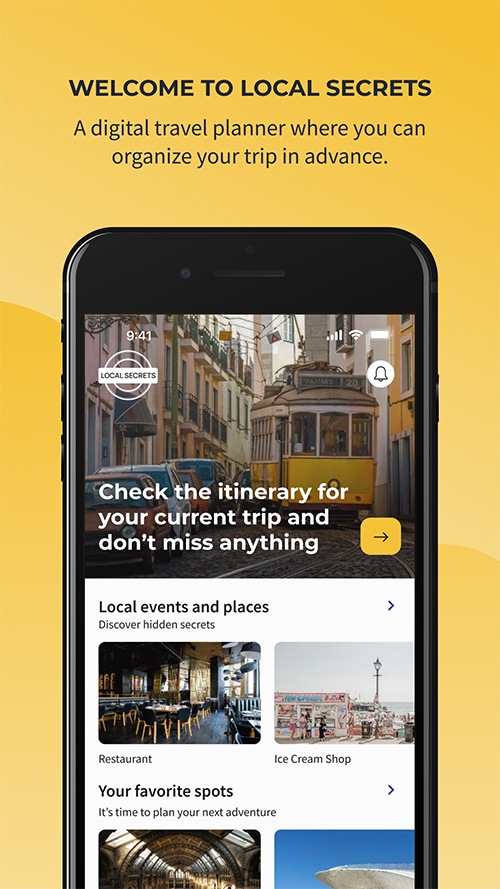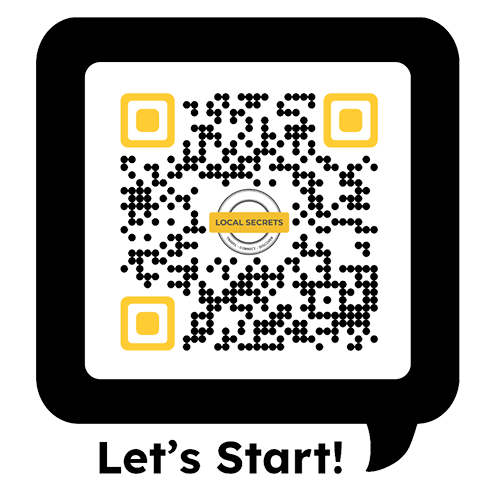Córdoba
Córdoba, a gem in southern Spain’s Andalusia region, is a city brimming with history and charm. Located along the Guadalquivir River, it’s home to about 326,000 residents. With an average annual temperature of 18°C, Córdoba enjoys mild winters and scorching summers, making spring and fall the perfect seasons to visit.
Every year, the city attracts nearly a million tourists, drawn by its rich cultural heritage, stunning architecture, and vibrant local festivals. From ancient Roman bridges to stunning Moorish architecture, Córdoba’s streets are a living museum.
The best times to visit are in May and October. In May, the city comes alive with colorful festivals, while October offers cooler temperatures ideal for exploring its historic sites. Whether you’re wandering through its narrow, flower-filled patios or indulging in local cuisine, Córdoba promises a delightful and immersive experience.
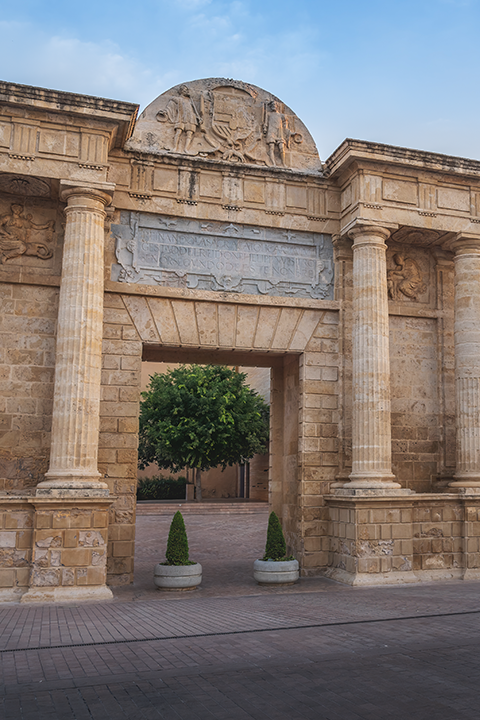
The bridge door
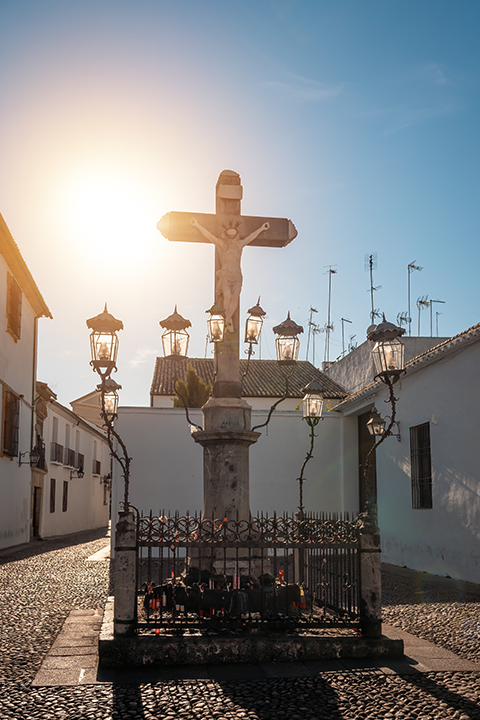
Christ of the Lanterns in Capuchinos Square
Arriving to Cordoba
Córdoba, nestled in the heart of Andalusia, is a city that effortlessly blends ancient history with lively modern culture. Getting here is easy; you can catch a train from Madrid or Seville, as Córdoba is well connected by Spain’s efficient AVE high-speed rail network. If you prefer flying, the closest major airports are in Seville and Málaga, both about a two-hour drive away.
When it comes to where to stay, the Old Town, particularly around the Mezquita, is ideal for tourists who want to be surrounded by history and charm. This area is packed with beautiful, narrow streets, historic buildings, and plenty of dining options. For a more contemporary vibe, the Vial Norte district offers modern accommodations and a more urban feel while still being close to the main attractions.
Getting around Córdoba is straightforward. The city is quite walkable, especially in the historic center. For longer distances, the local bus system is reliable and covers most areas you’d want to visit. Taxis and bike rentals are also readily available for those who prefer more flexibility.
Córdoba’s food scene is a feast for the senses. Make sure to try “salmorejo,” a cold tomato soup that’s thicker and creamier than gazpacho, topped with hard-boiled eggs and ham. Another must-try is “flamenquín,” a delicious roll of pork loin and ham, breaded and fried to perfection. For dessert, indulge in “pastel cordobés,” a sweet pastry filled with pumpkin jam.
As for sights, the Mezquita-Catedral is an absolute must-see. This stunning mosque-cathedral is a testament to Córdoba’s rich history and architectural beauty. The Alcázar de los Reyes Cristianos offers beautiful gardens and a glimpse into the lives of Spanish monarchs. Don’t miss the Roman Bridge, which provides fantastic views, especially at sunset.
For unique experiences, visit during the Patios Festival in May when locals open their beautifully decorated courtyards to the public. It’s a fantastic way to see the city’s hidden gems and immerse yourself in local culture. Also, explore the Jewish Quarter with its charming streets, historic synagogues, and the impressive Sephardic House Museum.
Córdoba is a city that invites you to explore its rich past while enjoying its vibrant present. Whether you’re wandering through ancient streets, savoring local delicacies, or soaking in the Andalusian sun, Córdoba promises an unforgettable experience.
Accomodation
Looking for a unique hotel experience?
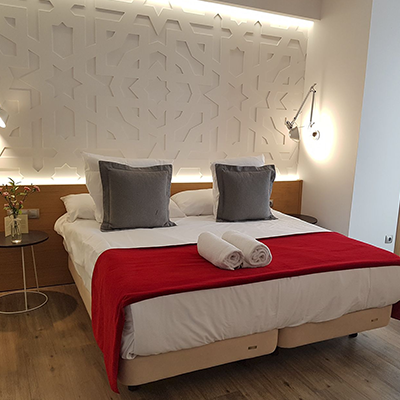
Local Secrets has selected a variety of unique hotels that make lodging a special experience. These hotels share the vision of quality and service that we want for our travelers.
Want to feel like home?
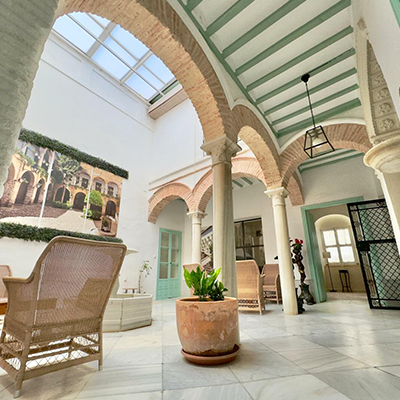
Local Secrets has developed a network of professional experts in tourist accommodations committed to quality and service to guarantee a unique experience to our travelers.
Currency: The official currency of Cordoba is the EURO (EUR). 1 € is equivalent to 0.9 USD.
Keep in mind before travelling to Cordoba
Córdoba, a historical gem in southern Spain, is a city that knows how to celebrate! The year kicks off with the lively Carnival in February, where the streets fill with colorful parades and music. In April, Semana Santa takes center stage with solemn and beautiful processions that draw thousands. May is perhaps the most festive month, starting with the Battle of the Flowers, followed by the iconic Patios Festival, where locals open their beautifully decorated courtyards to the public.
The fun continues with the Feria de Córdoba later in May, a traditional fair featuring flamenco, rides, and endless dancing. In June, the city celebrates Corpus Christi with a grand procession through the historic streets. The Noches de Vino en la Judería in August highlights local wine and tapas in the enchanting Jewish Quarter. Lastly, the Romería de Nuestra Señora de Linares in September offers a picturesque pilgrimage to the countryside.
For day trips, consider exploring nearby gems. Medina Azahara, an ancient palace-city, offers a fascinating glimpse into the past. The picturesque town of Priego de Córdoba is known for its baroque architecture. The city of Jaén, with its impressive cathedral and olive oil heritage, is a must-visit. Montilla, famous for its wines, and Rute, known for its anise and sweets, are also worth exploring. Lastly, the scenic village of Zuheros, perched on a cliff, provides stunning views and a taste of traditional Andalusian life. These destinations each offer unique experiences and are perfect complements to your visit to Córdoba.
Tips to visit Cordoba
Eating in Córdoba follows the typical Spanish timetable—lunch around 2 PM and dinner not before 9 PM, embracing the laid-back lifestyle. Shops usually open from 10 AM to 2 PM, take a siesta, and reopen from 5 PM to 8 PM. Tipping isn’t mandatory but appreciated, with locals usually leaving around 5-10% for good service.
Healthcare in Córdoba is excellent, part of Spain’s national health system, providing comprehensive coverage. The dress code is generally casual, though locals might dress up a bit for dinner or special occasions. A common expression you’ll hear is “¡Olé!”, a cheerful shout of approval that reflects the lively spirit of the city. Whether you’re wandering through its historic streets or indulging in local tapas, Córdoba offers a warm and welcoming atmosphere.


